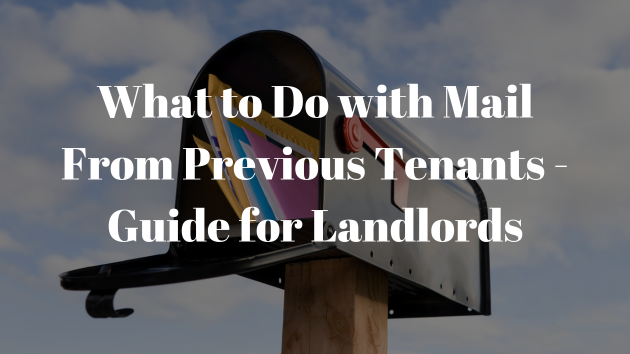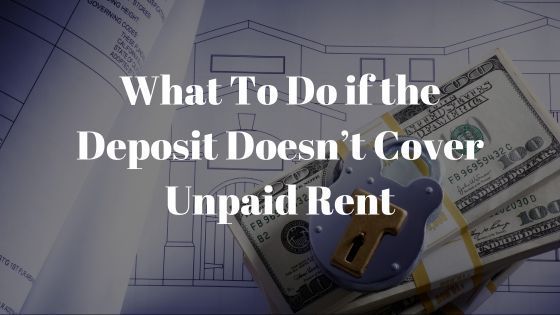
Breaking a Lease in North Carolina: What You Should Know
A lease in North Carolina a contractual agreement between the landlord and a tenant. It defines the duties and responsibilities of both the landlord and the tenant once the rent period begins and during the tenancy's life.
Generally, breaking a lease in North Carolina refers to moving out of the rental property before the end of the lease period. The reasons why tenants terminate a lease agreement can either be legally justified or not, but even in legally justified situations, proper procedures must be followed.
When justified, North Carolina tenants only needs to provide the landlord with sufficient notice when they terminate or break a lease. However, when there isn't a legal justification, a penalty fee will be imposed.
Here’s everything you need to know if you find yourself dealing with a tenant breaking a lease in North Carolina.
Tenant Rights and Responsibilities in North Carolina
A lease obligates both parties to the lease for a defined time period, typically a year. During this time, landlords can’t change the terms of the lease. For example, the landlord can’t increase the rent amount.
North Carolina landlords can only do so once the lease period has come to an end. Or, if the rental agreement itself has an early termination clause allowing it. Sometimes landlords will include a note in the early termination clause that tenants can break their lease early with written notice or other special rental provisions.
Also, landlords cannot evict tenants out of a rental unit or property without legal justification. A violation of the terms of the lease is enough to justify an eviction. For instance, not paying all the rent due or partaking in illegal activities inside the rental property.
When a tenant violates the rental agreement by breaking it, you as the landlord need to follow the right process to bring the tenancy to an end, which can sometimes lead to court before the next rent period. In North Carolina, this means you must provide the tenants with a relevant eviction notice for an early lease termination.
If a tenant hasn't been paying rent, the landlord must provide the tenant a proper notice of 10 days. This will give you them options – either to pay the due rent payment or vacate the unit or premises. If neither option is opted by the tenant, you can begin to move forward with the legal eviction process.
According to the North Carolina Law, the landlord must provide the tenants with an unconditional quit notice for serious lease violations like illegal activities. This written notice will inform the tenant to leave immediately. If your tenant will not vacate the rental unit, you can contact your local law enforcement for assistance.
North Carolina’s tenant laws state that the tenant is legally obligated to pay rent for the entire length of the rental agreement. This is regardless of whether the tenant resides in the unit or not.
There are a few exceptions to this rule, which include:
- Landlord Harassment
- The Property is No Longer Habitable
- The Tenant is Beginning Active Military Duty
- The Tenant is a Victim of Domestic Violence, Sexual Assault, or Stalking
Landlord’s Responsibility to Find a Replacement Tenant
Under the law, the landlord has a duty to find a replacement tenant as quickly as possible if the tenant breaks the lease early. When a tenant breaks a lease and refuses to pay, it can leave a financial strain on the landlord, so it's always best to replace the tenant and re-rent as soon as possible so that you don't lose income.
You also don't need to relax standards for a replacement tenant. For instance, having to rent to tenants with questionable credit scores, or someone who can't pay the rent. As fast as possible does not mean anyone who applies, just that you're making a reasonable effort to rent out the rental unit to a good tenant quickly. As long as the effort into marketing and the like exists, you are complying with the law.
Breaking a lease can sometimes be inevitable, but it can be both stressful and financially straining. If you don't want to worry about being in full understanding of the landlord-tenant laws in North Carolina, consider partnering with an experienced property management company. We can help with all aspects of property management, as well as provide a free rental pricing analysis!

Dawson Property Management









